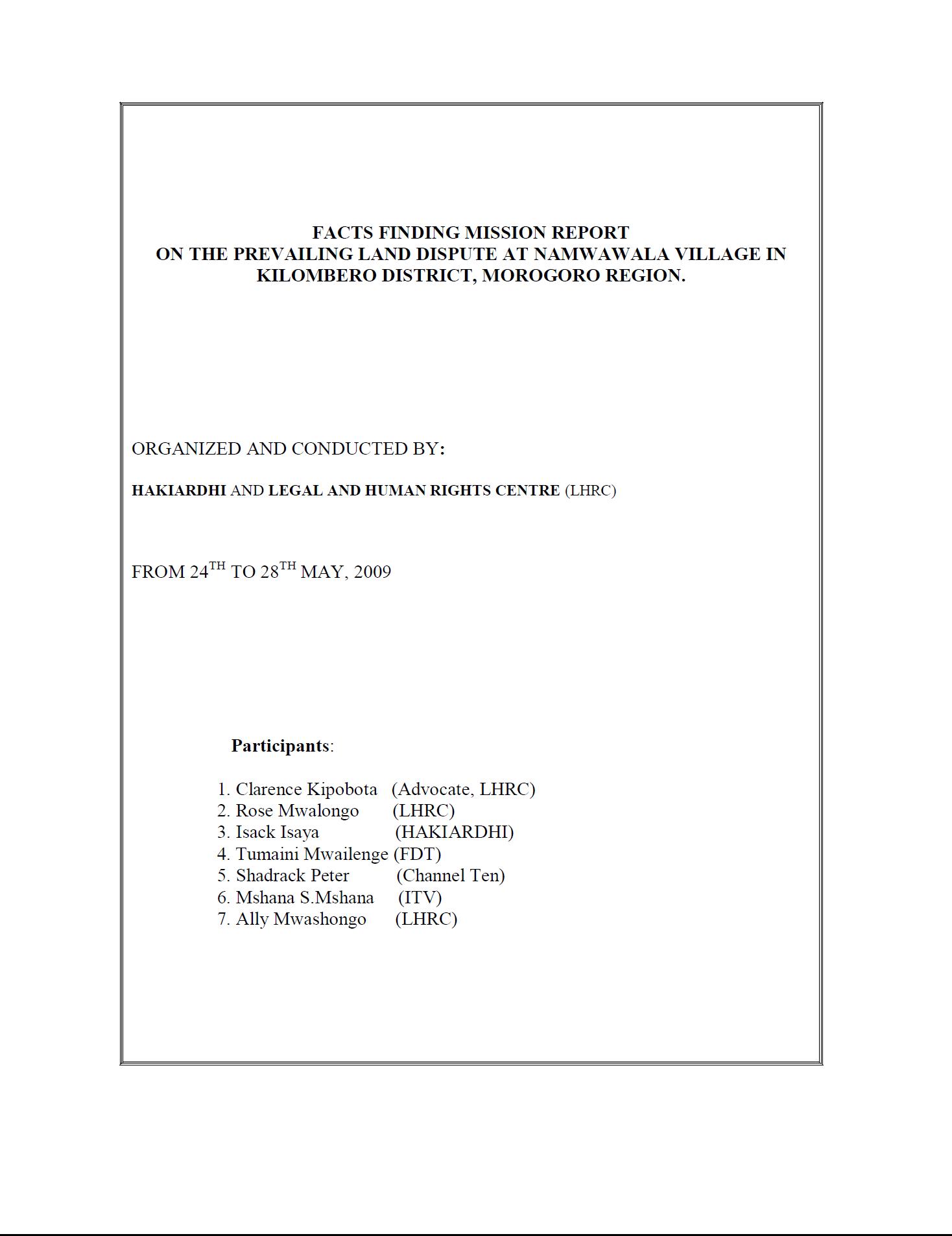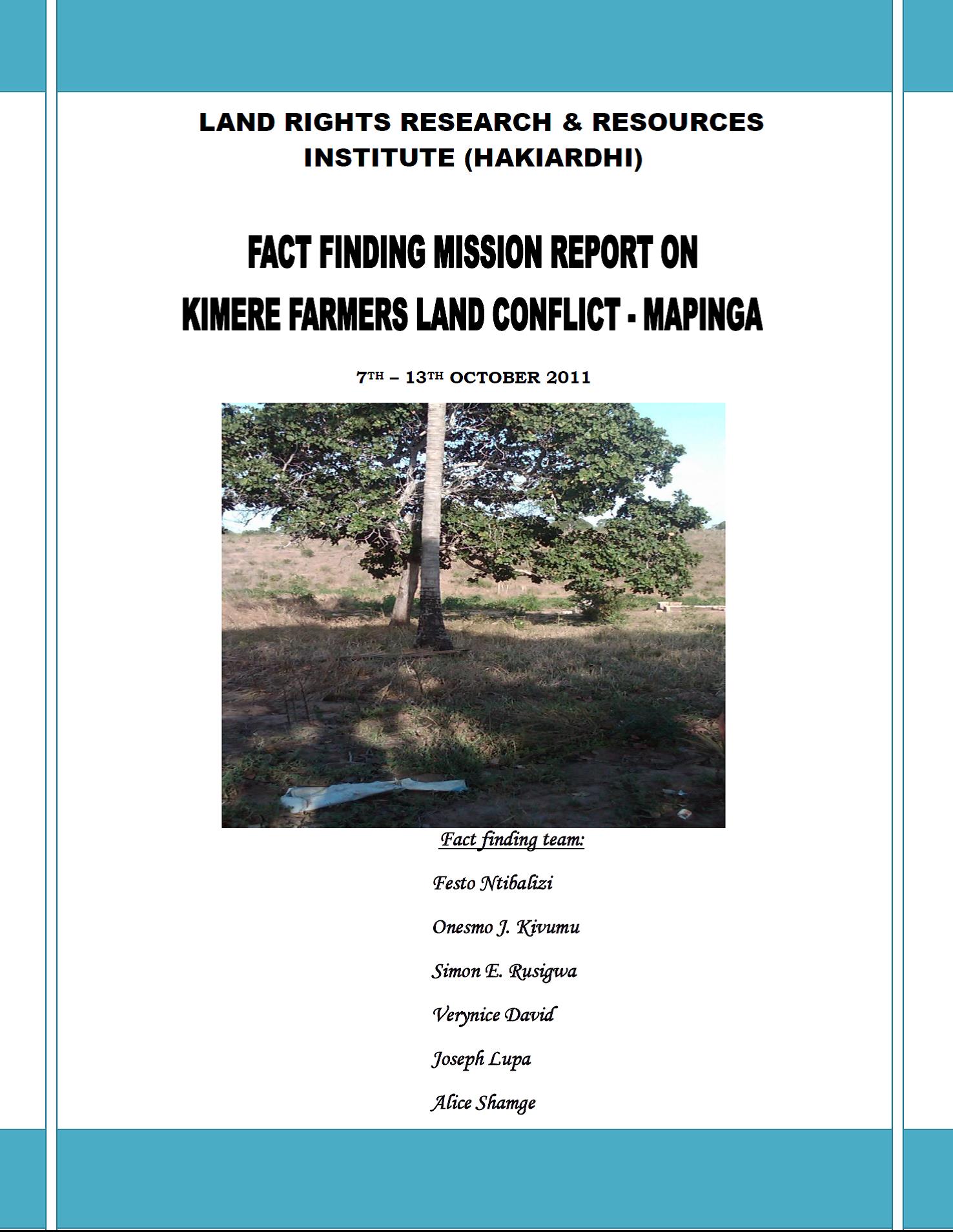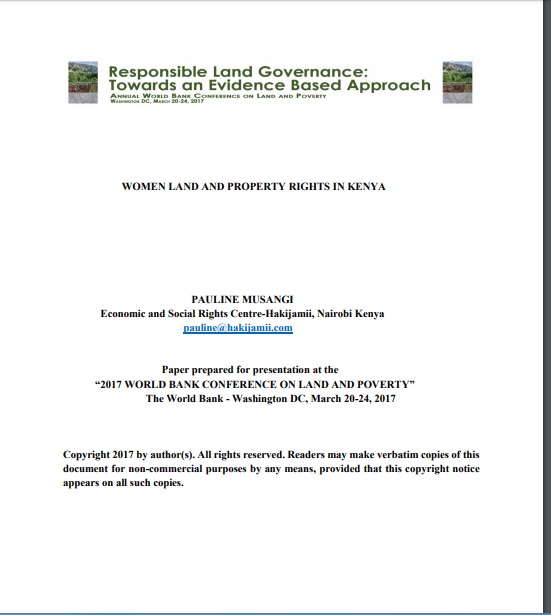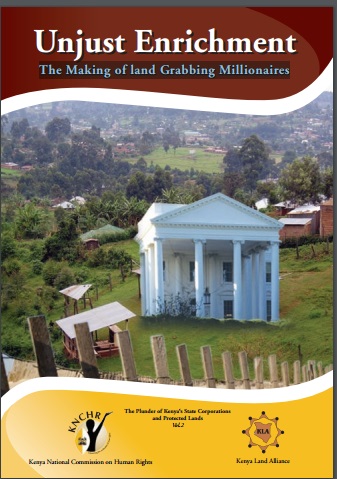Balancing the Scales: Community Protocols and Extractive Industries
With the start of a commodity boom cycle in the early 2000s, many resource-rich countries reaped benefits as prices for commodities increased over the ensuing decade. Many of these countries see mining as a central element of modernising their economies, and actively promote investment in the mining and extractives sector. Indeed,between 2000 and 2012, investment spending by global oil, gas, and mining companies increased five-fold, especially in Latin American and sub-Saharan Africa.











